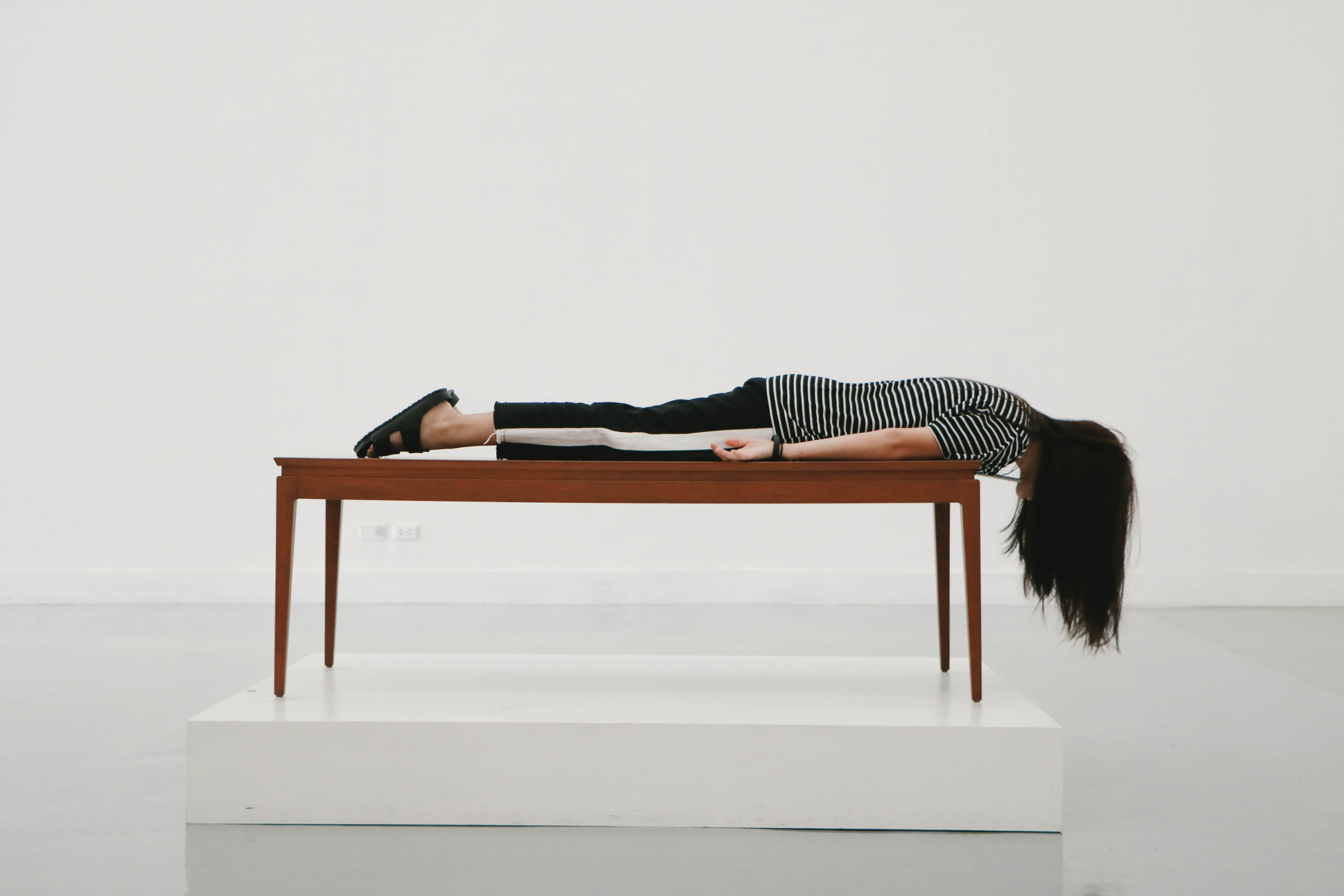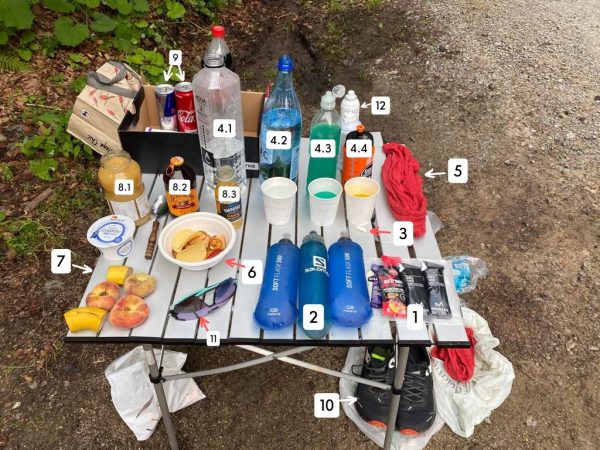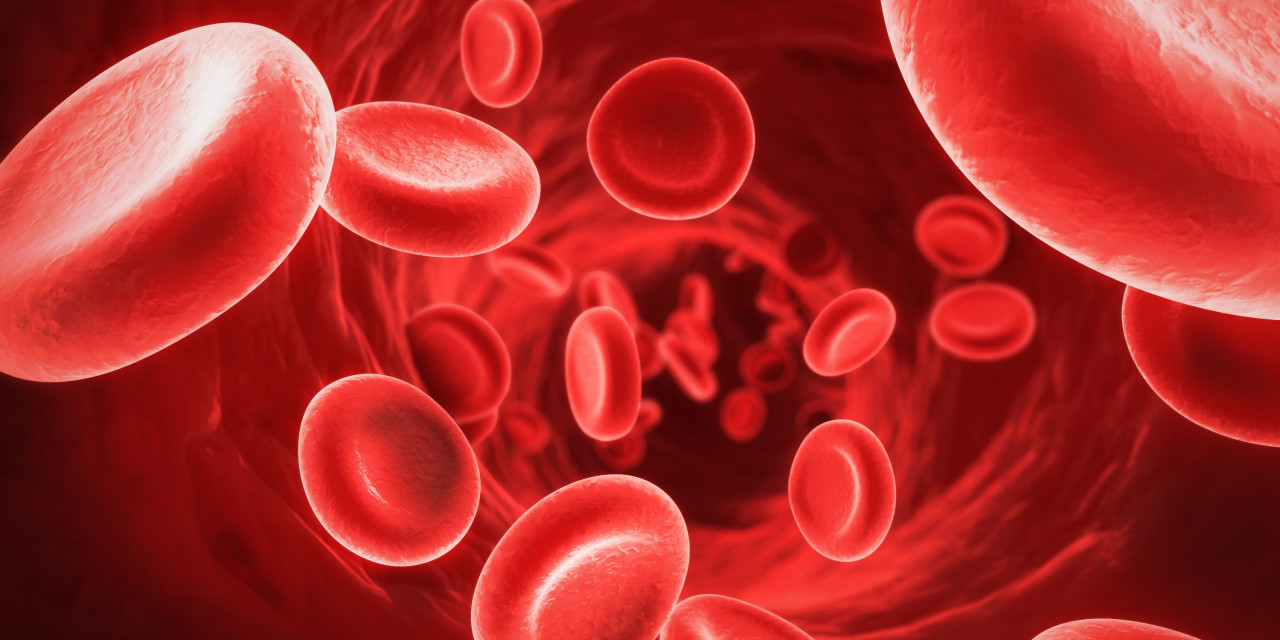
13 Tricks to Fall Asleep Easy After an Evening Workout
Join the community!
At the end of each month we send out a newsletter that keeps you up to date with important events in the running world, gives you training ideas and motivates you for your next competition.
Robert Hajnal
- February 6, 2019
- 4:41 pm
- No Comments
After an evening workout you really deserve a good night’s sleep. But often when I put my head on the pillow after such a workout, I couldn’t fall asleep very easily. I guess I’m not the only one, and those who lift weights, in the evening, face the same problem.
Can you believe there are people who don’t love sleep and consider it useless? Well, we’re not one of them.
If you’ve experienced that feeling of not being able to fall asleep after an evening workout, you’re not alone. The good news is that there are different routines you can get used to in order to avoid such situations.
The body needs to have a low temperature, low heart rate and the central nervous system to be ‘calm’.
All these elements are crucial and contribute to a restful sleep.
1. Pay attention to what you eat and drink after an evening workout!
What you consume before bed, whether it’s food or drink, contributes to the quality of your sleep. For example, if I go out for a run around 8 pm and by 9:30 pm I have a glass of orange juice, I’m more than likely not going to fall asleep until around 2 am. Some studies prove that small pre-bedtime meals are beneficial in muscle protein synthesis. Studies point to adding extra servings of protein.
If you usually do strenuous workouts late, try to eat your main, substantial meals during the day, not before bedtime. “The “problem” with eating large meals after a demanding evening workout is that they will make it harder for you to achieve deep sleep and you will wake up more tired the next day. You can try having a break between eating and drinking fluids before sleep.
Give yourself about an hour between dinner and liquids before sleep.
2. Regulate your body temperature with a shower
After a strenuous workout, your body temperature rises and can affect your sleep cycle. Lowering your body temperature with a cool-moderate shower increases your chances of sleeping well after an evening workout. A hot shower can increase your body temperature and prevent you from sleeping. On the other hand, a cold shower boosts alertness.
Bottom line: find a ‘compromise’ water temperature to avoid affecting your sleep. I prefer to start the shower with relatively cold water and gradually increase the temperature, but not too hot. A warm shower makes the peripheral circulation work better and the blood vessels irrigate your tissues better.
Do you have a training plan?
Let me apply everything I’ve learned to you: workouts, nutrition, plans.
3. Maintain a cool temperature in the room where you sleep
A cool room will give you quality sleep by lowering your pulse rate. Your body will also relax, making it easier to get into a deep sleep.
4. Take regular magnesium supplements
Magnesium supplements will help you get a restful night’s sleep and at the same time help your body regain its strength. Many runners are deficient in magnesium, an important electrolyte that is closely linked to testosterone levels. Testosterone is an essential hormone that regulates the normal functioning of various organs in the body.
Another benefit of magnesium is that it reduces stress and helps muscles relax, contributing to a restful sleep. It also helps calm the body by relaxing the nervous system after an intense evening workout.
I get my extra magnesium from Nigari Salt or Magne B6.
5. Turn off blue light sources
Darkness brings with it monsters under the bed, but also a secretion of melatonin. Melatonin is a sleep-inducing hormone. Light generally interrupts sleep because it affects melatonin secretion.
The body follows a sleep-wake sequence determined by light and dark. When the light is on, the mind remembers to stay awake/wake; until it receives a signal that it is time to fall asleep, melatonin secretion is inhibited.
So I advise reducing the light in the room by turning on a lamp or a diffused light. If you have a red light source, you will speed up your melatonin secretion and fall asleep more easily.
6. Try meditating before falling asleep
Even though it sounds fancy and oriental, the purpose of meditation is to calm yourself and focus a lot on your breathing. Meditation is a great remedy to induce a sleepy state and make sure you rest after your evening workout. When the mind relaxes, you’ll fall asleep more easily and rest for a longer period of time.
7. Run during the day
We also forgot to mention this point. If you have the time, we recommend starting the day with a light 25-30 minute run, with your main workout at 6-7pm. Running during the day takes up your available energy. If you don’t see it as a solution, try to run at least 3 hours before getting ready for sleep. Between the end of your run and when you go to bed, give your body enough time to recover and get into a sleep state. In addition, you make sure that the last dose of adrenaline from the run has been used up.
8. Use your bed only for sleep…and sex.
The bed is a sacred place. It’s where two of the most important activities of the day happen. Sleep and sex. Don’t use your bed as a desk or a place to sit on your phone. The bed is a temple where gadgets should be banned.
9. Keep hydrated
You need to consume enough fluids before you lie down. During your run there’s a good chance you’ll have consumed large amounts of fluids from your own reserves. Be careful not to consume too many fluids just before you go to bed, though, as you’ll be making lots of trips to the toilet afterward. If you are lazy, it will keep you up all night precisely because you don’t want to make that visit and your sleep cycle may be affected.
10. Make your bed comfortable
There’s nothing like the feeling of getting into clean sheets and falling asleep on a comfy mattress. I think people who don’t love sleep have forgotten that feeling. Since we spend so much time sleeping, let’s at least make a comfortable bed with a good mattress and nice linens.
11. Avoid caffeine and alcohol
You already know you should do what the priest says, not what the priest does. Caffeine takes about 5 hours to get out of your system and alcohol takes two generations. That’s if you go to church. These two components are stimulants and keep your mind alert when it should be resting. That’s why it’s best to drink coffee in the morning to get it into your system, and only use it when you’re training hard.
12. Avoid extra portions and shaorma with everything
It’s crucial to avoid heavy meals after an evening workout. I’ve said that before, haven’t I! A heavy meal affects your digestive system, but it will also affect your sleep. Plus, if you throw in garlic and something spicy, you might regret it the next morning.
13. Not a MUST, but go to the doctor
Not all doctors have 8 classes. Most of them are well educated and know what advice to give you. If you have sleep disturbances for more than 2-3 days in a row, it’s clear that something else is wrong. Some cogs are failing you and it’s good to grease them with something more than running.
14. Avoid sleeping pills
Most sleep-inducing pills are melatonin-based. In the long run, they can cause hormonal disturbances. Try natural remedies like valerian tea or lime tea.
What tricks do you use to sleep like a princess in a castle?
Last 3 Articles:

Western States 100miles 2024 – Hajnal Robert’s Thoughts & Training Journal

How to make a proper checkpoint for your next ultramarathon

UTMB roller-coaster
Are you participating in a competition and looking for a training plan?
half marathon | marathon | ultramarathon










